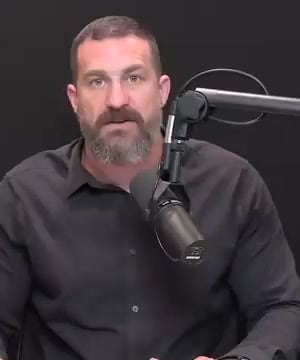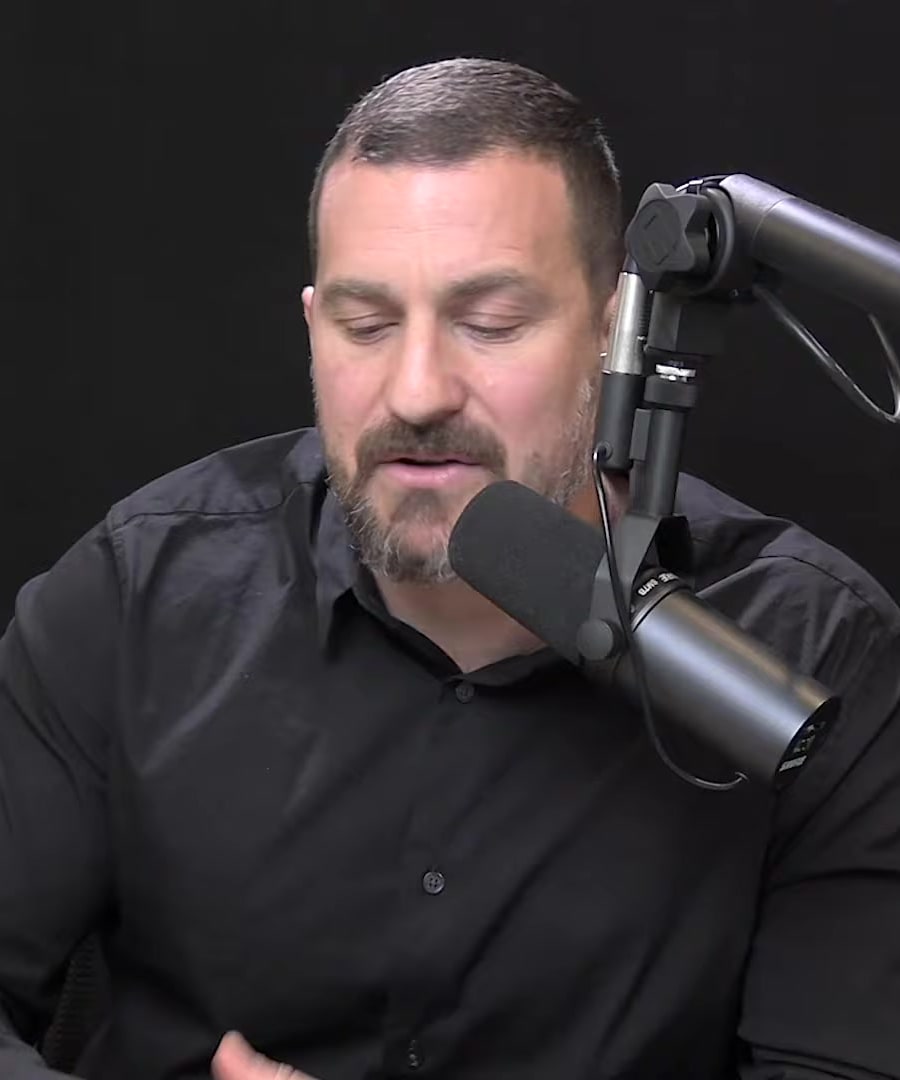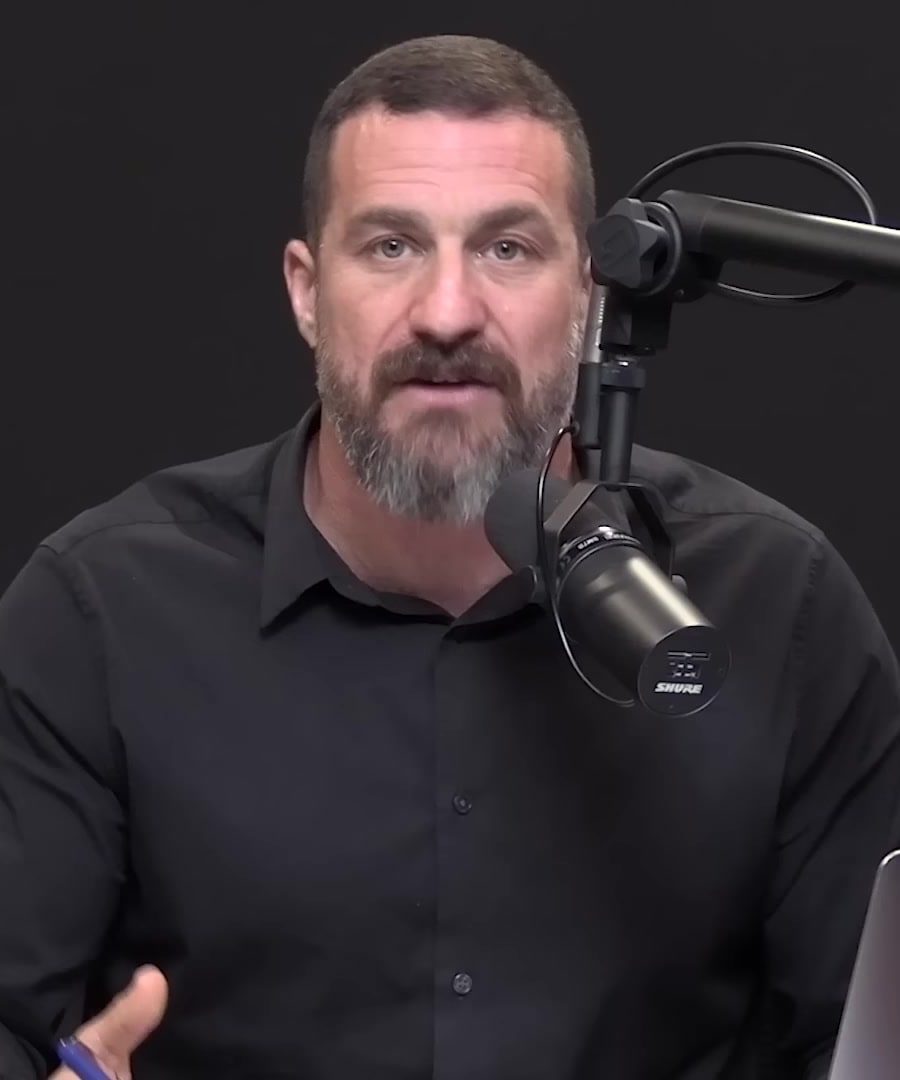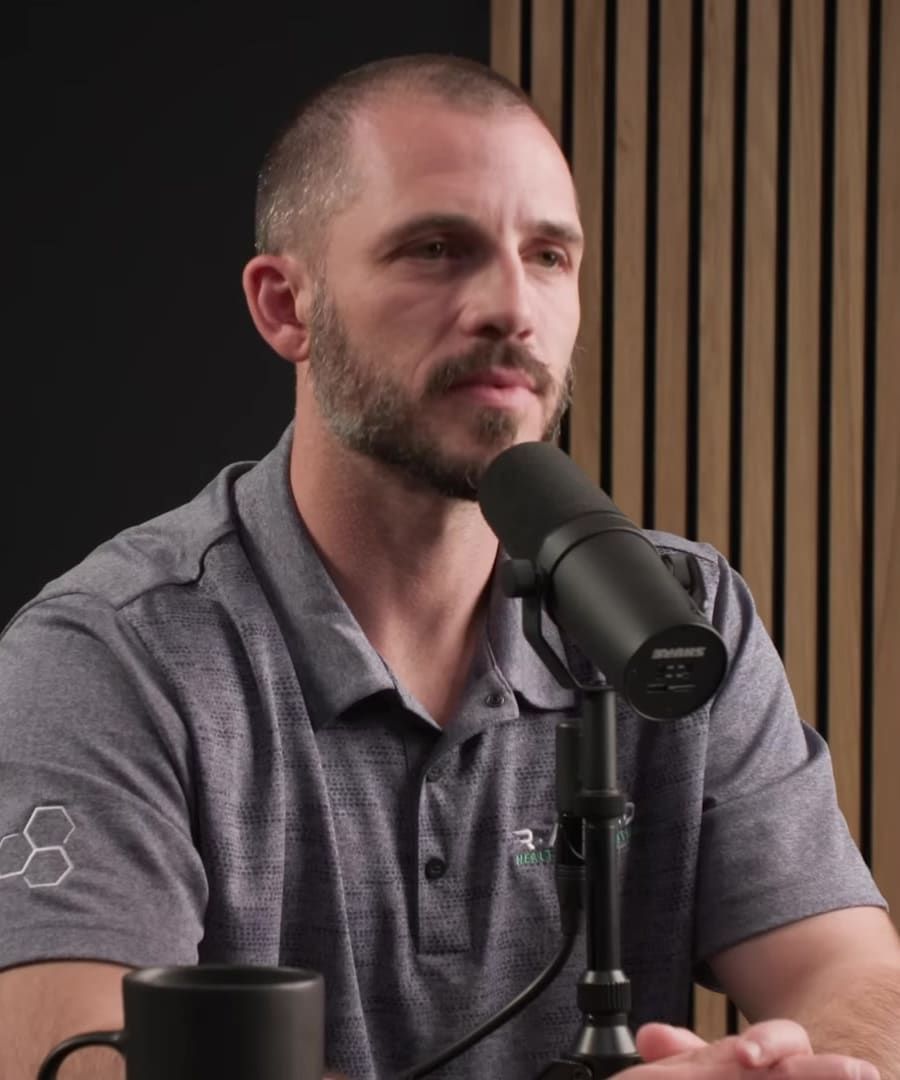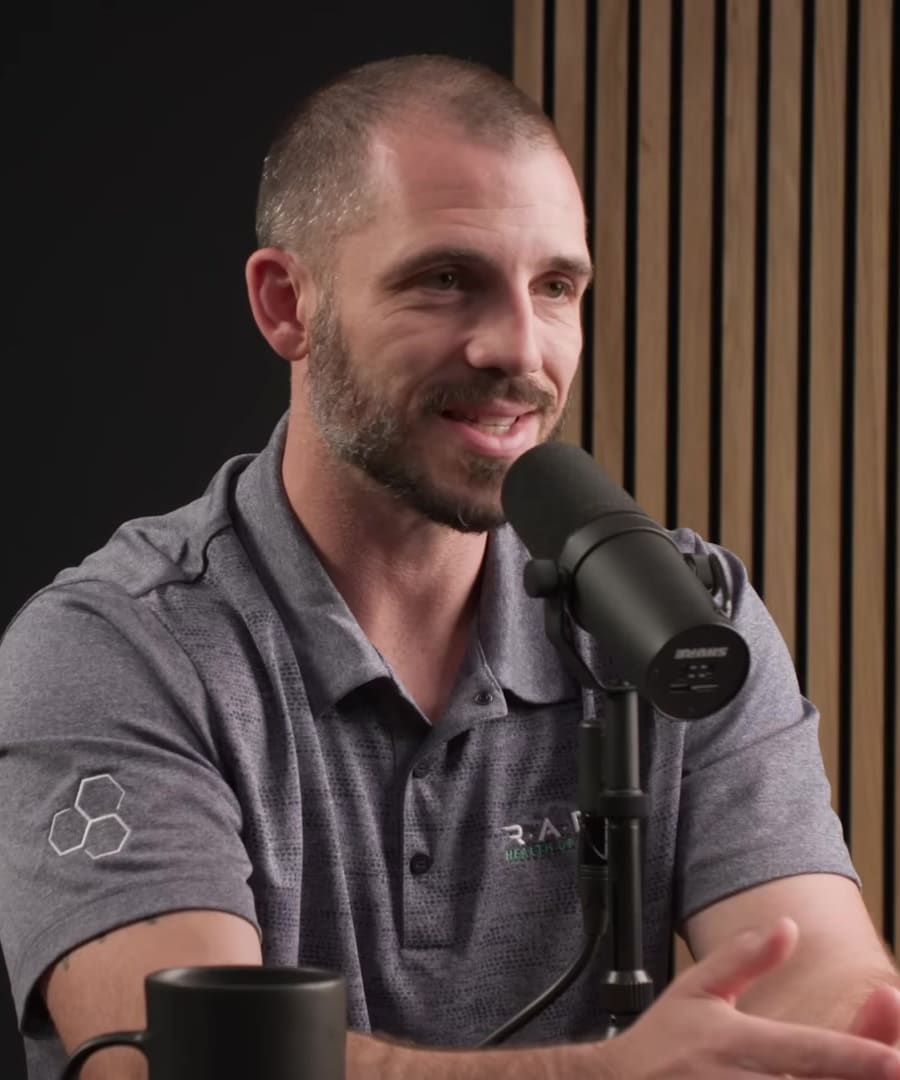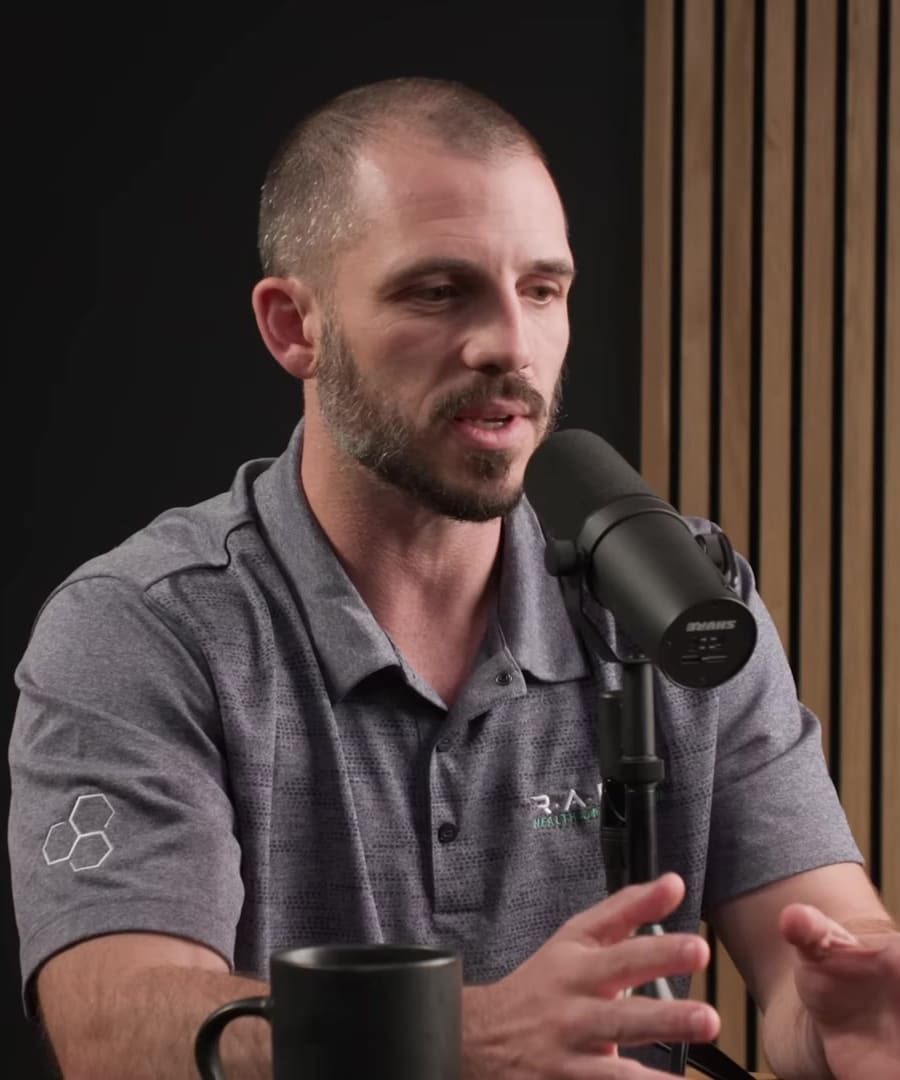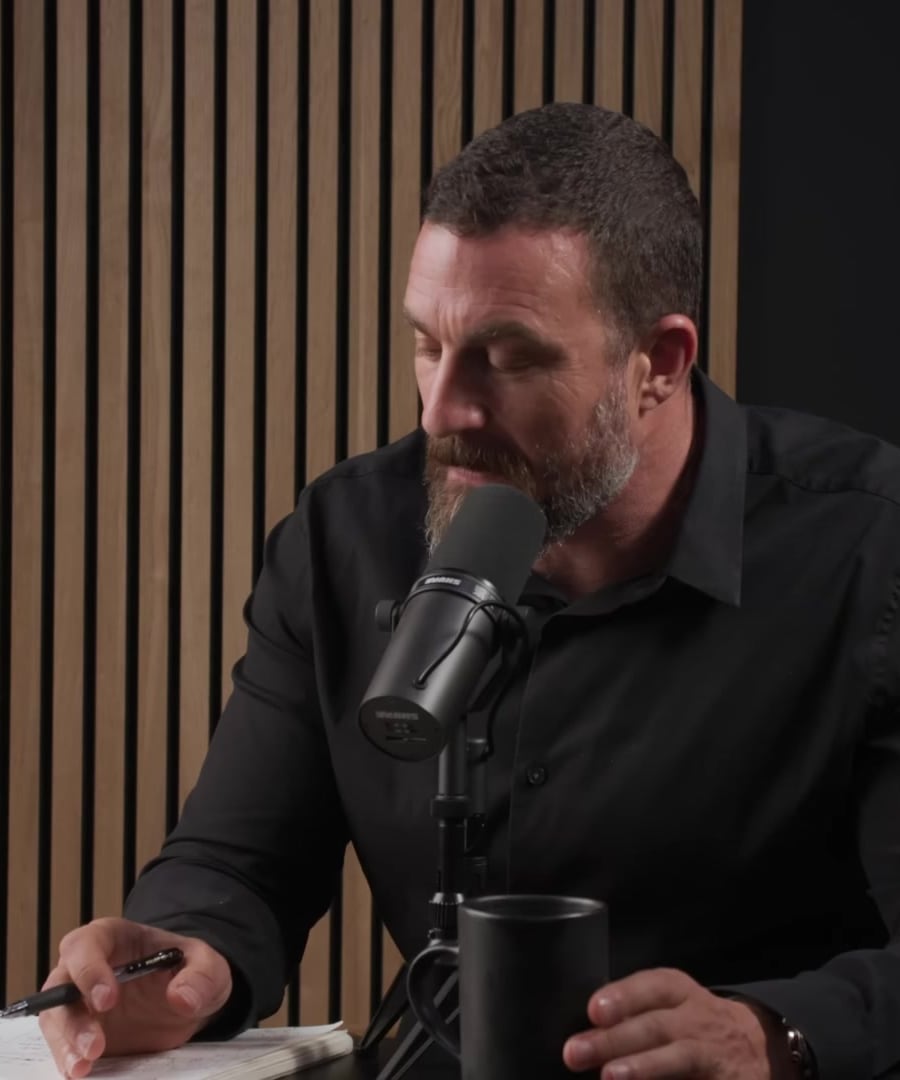Between this video Master Your Sleep & Be More Alert When Awake, and Sleep Toolkit: Tools for Optimizing Sleep & Sleep-Wake Timing | Huberman Lab Podcast #84, Andrew Huberman said something about you don't need to get everything perfect with your sleep every night
Sources:
has mentioned that it's not necessary to get everything perfect with your sleep every night. He suggests aiming to get optimal sleep around 80% of the nights in your life. He acknowledges that nobody achieves perfect sleep 100% of the time and advises against accumulating sleep anxiety over a few bad nights. Instead, he recommends getting back on track and maintaining consistency in sleep patterns to support cognitive and physical performance, as well as overall health 1 2.
RELATED QUESTIONSWhere in those two videos though?
Sources:
spoke about not needing perfect sleep every night in both the "Master Your Sleep & Be More Alert When Awake" and "Sleep Toolkit: Tools for Optimizing Sleep & Sleep-Wake Timing" episodes.
In the "Master Your Sleep & Be More Alert When Awake" episode, he mentioned that nobody is perfect about sleep and a good goal is to get quality sleep 80% of the nights in your life. He emphasized not to catastrophize over a few bad nights and instead to get back on track 1.
In the "Sleep Toolkit: Tools for Optimizing Sleep & Sleep-Wake Timing" episode, he reiterated that while consistency is important, striving to get to sleep and wake up at more or less the same time each day helps anchor your sleep schedule. However, occasional deviations are fine, and it's important to be gentle with yourself when this happens 2.
These comments aim to reduce stress and anxiety around achieving perfect sleep every single night.
RELATED QUESTIONSFour types of overreaching Andy galpin
Sources:
has discussed the four types of overreaching extensively. Here's a summary of his insights from the relevant clips:
-
Overload: This is the immediate fatigue and performance decrement after a workout, which typically recovers in minutes to days. It's a normal and expected part of training aiming to induce adaptations 1.
-
Functional Overreaching: This occurs when you train beyond your normal capacity in a way that leads to performance enhancement after a taper or recovery period. This can take days to a week to recover and is often planned as part of a training cycle 1.
-
Nonfunctional Overreaching: This is when you continue training hard without adequate recovery, leading to a performance plateau or decline that takes weeks to recover from. It happens due to increased volume or intensity without considering other stressors or recovery needs 2.
-
Overtraining: This is a more severe state where recovery takes months, and it typically involves chronic fatigue, hormonal imbalances, and significant performance drops. True overtraining is rare but can occur from prolonged, intense training without adequate recovery. It's often misdiagnosed because temporary performance drops can also happen from less severe overreaching 2.
To identify and manage these stages, Dr. Galpin recommends monitoring three markers: performance metrics, physiological markers like resting heart rate or biomarkers, and symptomology 3.
For more detail on managing these and understanding the specific physiological impacts, you can refer to the episode .
RELATED QUESTIONS-
What was andrew huberman talking about with overtraining people use noun instead of verbs or vice versa?
Sources:
made an interesting point on thinking about biology in terms of verbs rather than nouns or adjectives. He explained that people often mistakenly think of biological states, such as being overtrained, as static identities (nouns/adjectives), when they should be considered dynamic processes (verbs). This approach shifts focus to actions that can be taken to influence these states.
For example, instead of labeling oneself as overtrained (a noun), one should consider the actions (verbs) leading to overtraining and those required to recover. This perspective helps in managing one's biological state more actively and fluidly rather than adopting it as an identity, which can limit the approach to solutions 1.
Huberman emphasizes that understanding these states as processes allows for better decision-making regarding training intensity and recovery, preventing long-term negative effects 1.
RELATED QUESTIONS
Between this video Master Your Sleep & Be More Alert When Awake, and Sleep Toolkit: Tools for Optimizing Sleep & Sleep-Wake Timing | Huberman Lab Podcast #84, Andrew Huberman said something about you don't need to get everything perfect with your sleep every night
- RELATED QUESTIONS
Where in those two videos though?
- RELATED QUESTIONS
Four types of overreaching Andy galpin
- RELATED QUESTIONS
What was andrew huberman talking about with overtraining people use noun instead of verbs or vice versa?
- RELATED QUESTIONS
